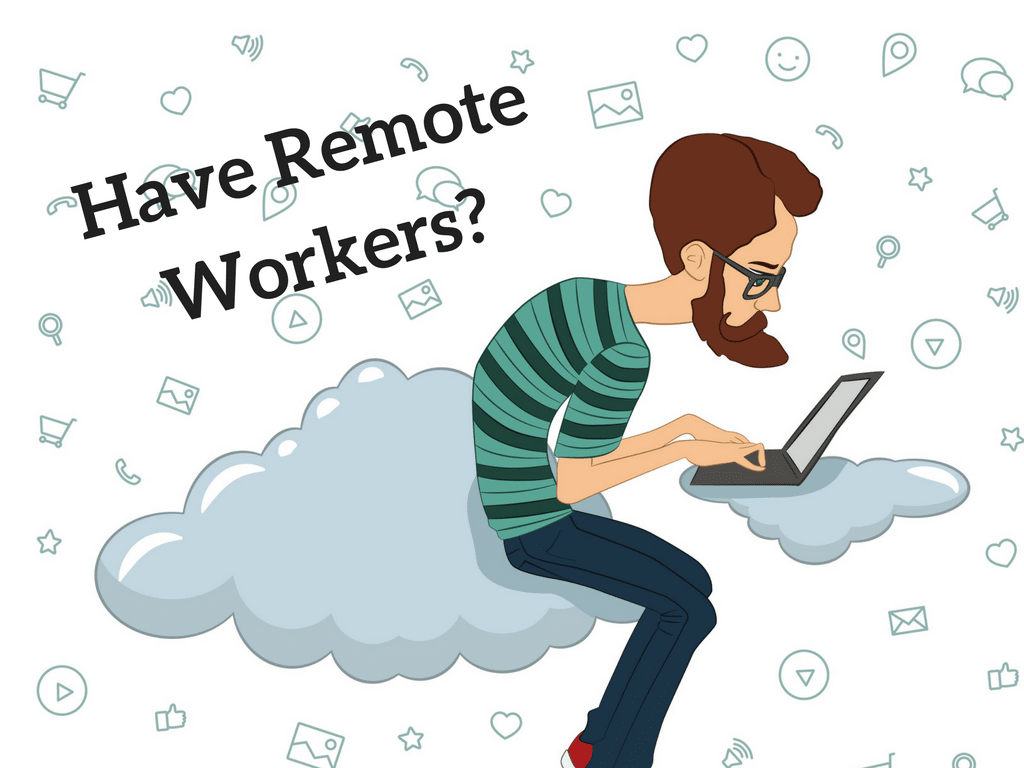Develop the perfect set of communication skills for dealing with offsite workers. With both onsite and remote team members on the same page, productivity levels will surge.

Most companies are now hiring employees located around the globe. The advantages of hiring remote contractors are ample—they allow businesses to widen their net to attract skilled employees and permit more flexibility in scheduling. You’ll reap the benefits if you put forth a strong effort to communicate effectively with remote employees.
Set Clear Expectations
From the start, guidelines should be placed on how independent contractors communicate with fellow team members. Although time zones and work hours may vary, you should have policies on when remote employees must check-in. One strategy is to use universal time among staff members. Universal time, also frequently called Greenwich Mean Time, can be used in business to standardize time. However, before scheduling major meetings and deadlines, empathize with those working in different time zones.
Make Communicating Easy for Everyone
Accessibility is key for better communication with remote employees. For instance, all team members should be outfitted with cloud-based programs like Office 365 to streamline communication. Office 365 includes video conferencing software with screen-sharing capabilities. Office 365 allows a more immersive virtual meeting experience as team members share files and desktops seamlessly. Video conferencing is preferred over email or audio calls. Face-to-face chat sessions allow you to build a rapport with the offsite employees when you do schedule video chats, set aside at least an hour to speak to the independent contractor one-on-one and try not to cancel private meetings with remote workers since they are often left out of the day-to-day hubbub in the office.
Focus on Security
Sharing information remotely automatically raises security concerns, especially if confidential data is available. However, collaborative features like Google Docs and Microsoft Office 365 put a virtual fingerprint on anyone who authors, views, and edits files. Cloud programs are ideal if you have remote contractors since you can control who can access files and revoke privileges anytime. Since many independent contractors work from home, you’ll want to stress the importance of security on home and mobile devices.
Set up an Online Project Space
Besides Office 365, you can find additional products to help manage communication with offsite employees. For instance, a program like Basecamp is perfect for businesses that require frequent project collaboration. Basecamp permits organization of teams, projects, assignments, and bookmarks. The tools allow for better control over workflow with timeline updates on progress from each team member.
Encourage Transparency
Stress the importance of letting all team members know about any conflicts the remote worker may have coming up. Request vacations and days off are scheduled well in advance. It would be best if you also worked out a contingency plan with the contractor in case an emergency arises and you can’t reach him or her.
With the latest productivity software tools and steadfast communication policies, remote workers are bound to become invaluable members of your team.
